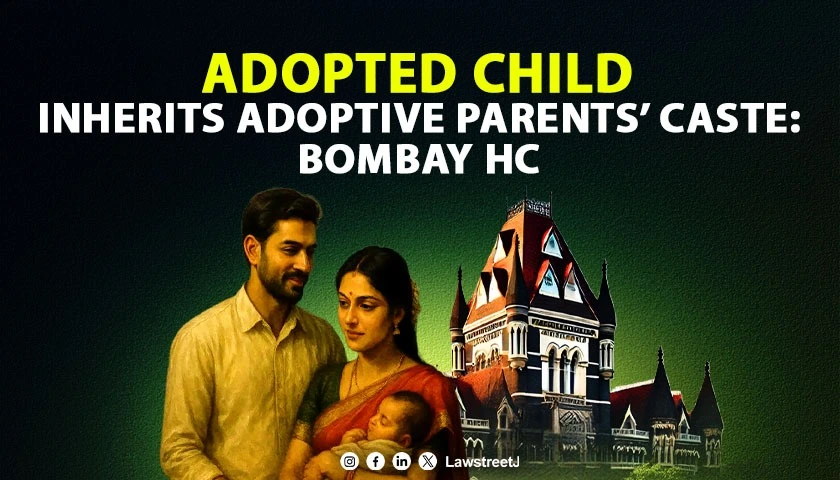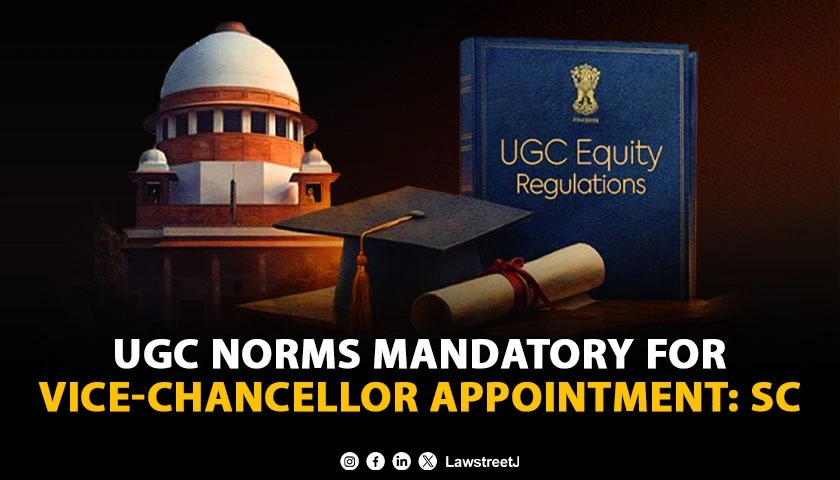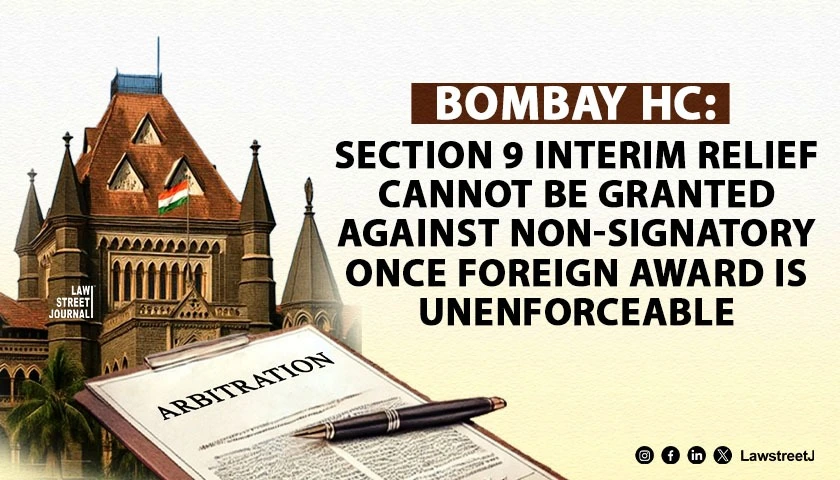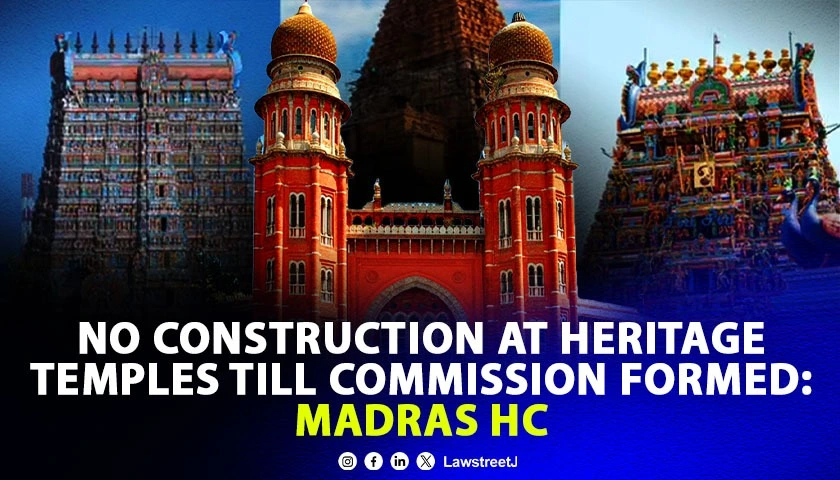In the evening of March 2, 2020 (Monday) United Nations High Commissioner for Human Rights, Michelle Bachelet, informed India's Permanent Mission in Geneva that it had filed application for intervention in Supreme Court of India against Citizenship (Amendment) Act, 2019 (CAA).
The intervention application filed by Michelle Bachelet Jeria stated that the UN body wished to intervene as "amicus curiae" in the matter by virtue of its mandate to "protect and promote all human right and to conduct necessary advocacy in that regard... pursuant to UN General Assembly resolution 48/141".
"...the narrow scope of the CAA, which extends protection from return only on religious grounds and limited to the specific ethno-religious groups, may not be sufficiently objective and reasonable in light of the broad prohibition of refoulment under international human rights law", the Office of the High Commissioner for Human Rights (OHCHR) stated.
Heres How Application of Intervention Works
Application of Intervention is filed when third party to suit feels that his/her interest is also involved in the subject of the suit. Through such application applicant seeks permission of the court to endorse argument of the either party in a suit and also put forward his/her argument. If court is satisfied that interest of the applicant also vest upon the suit, then court allows applicant to put forward his/her argument. It is upon court discretion to allow third to allow to intervene or not.
Is Intervention by UNHCR allowed?
In context of International Organisation, when any state interferes in another states internal affairs is called Intervention. As per International laws intervention is prohibited. But as pointed out by Hans Kelsen, international law does not prohibit intervention in all the circumstances. According to him, when one state intervenes in the affairs of another state through force, then as a reaction against this violation, international law permits intervention.
Intervention by any international organisations or state on grounds such as to enforce treaty rights, for protection of persons and property and intervention to maintain International law are prohibited. Before introduction of United Nation Charter of 1945 intervention grounds such as to enforce treaty rights, for protection of persons and property and intervention to maintain International law are allowed. But after introduction United Nation Charter of 1945 these grounds were abolished to protect sovereignty of the states since there were many instances such as case of Korea, 1950, Russian intervention in Hungary, 1956 etc. where powerful states use such grounds to deprive weaker state of their sovereignty.
Article 2(7) of the United Nations Charter of 1945 provides, Nothing contained in the present Charter authorises the United Nations to intervene in matters which are essentially within the domestic jurisdiction of any State... According to Prof. Quincy Wright, it is clear that the obligations which arise from the implementation of the provisions of Charter are matters which are not within the domestic jurisdiction of any State.
Author Satwik Sharma







